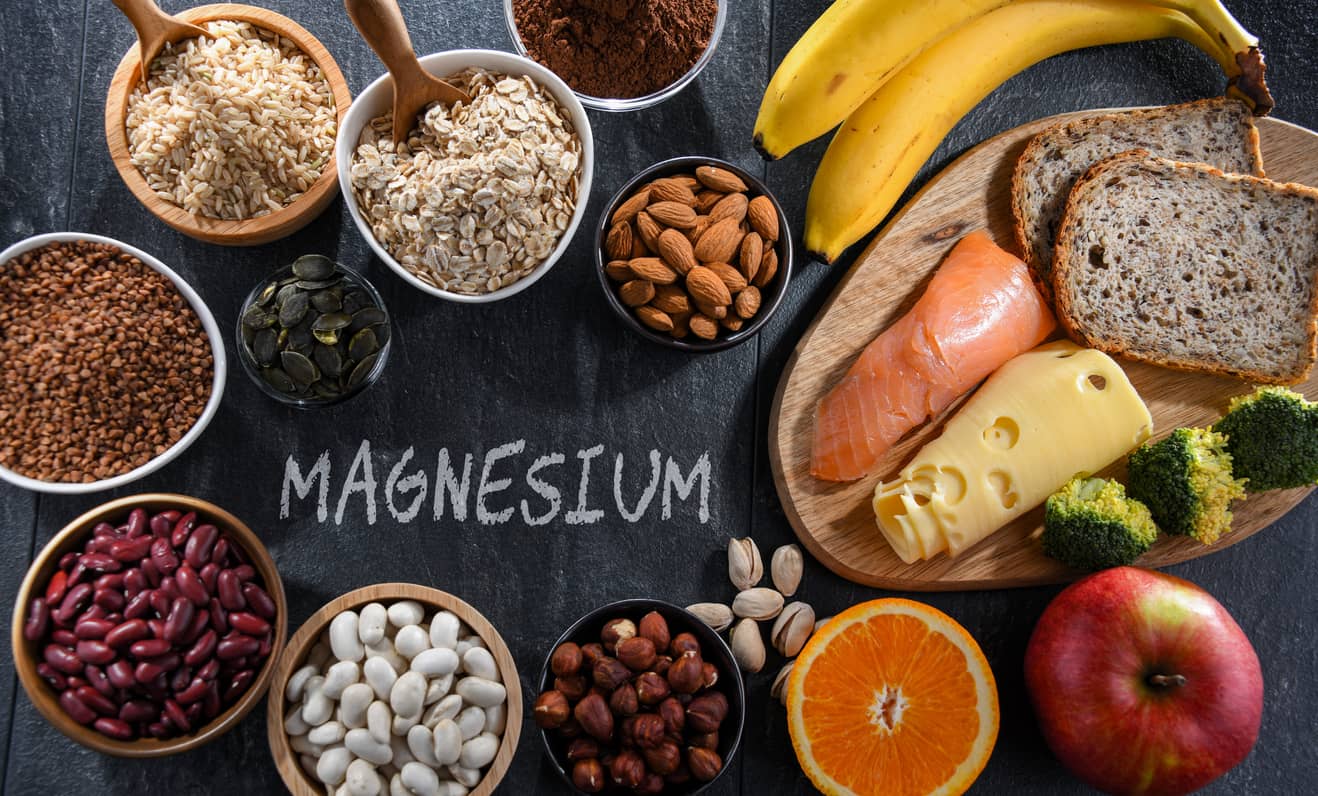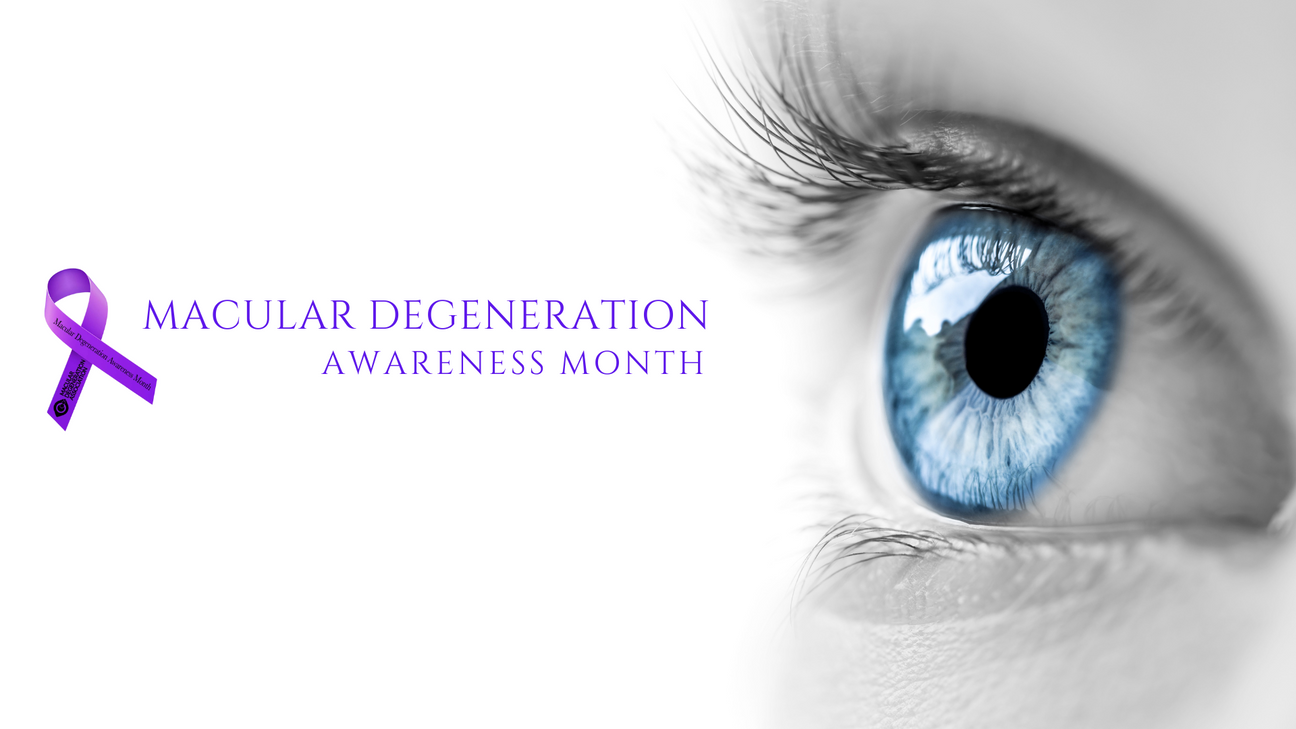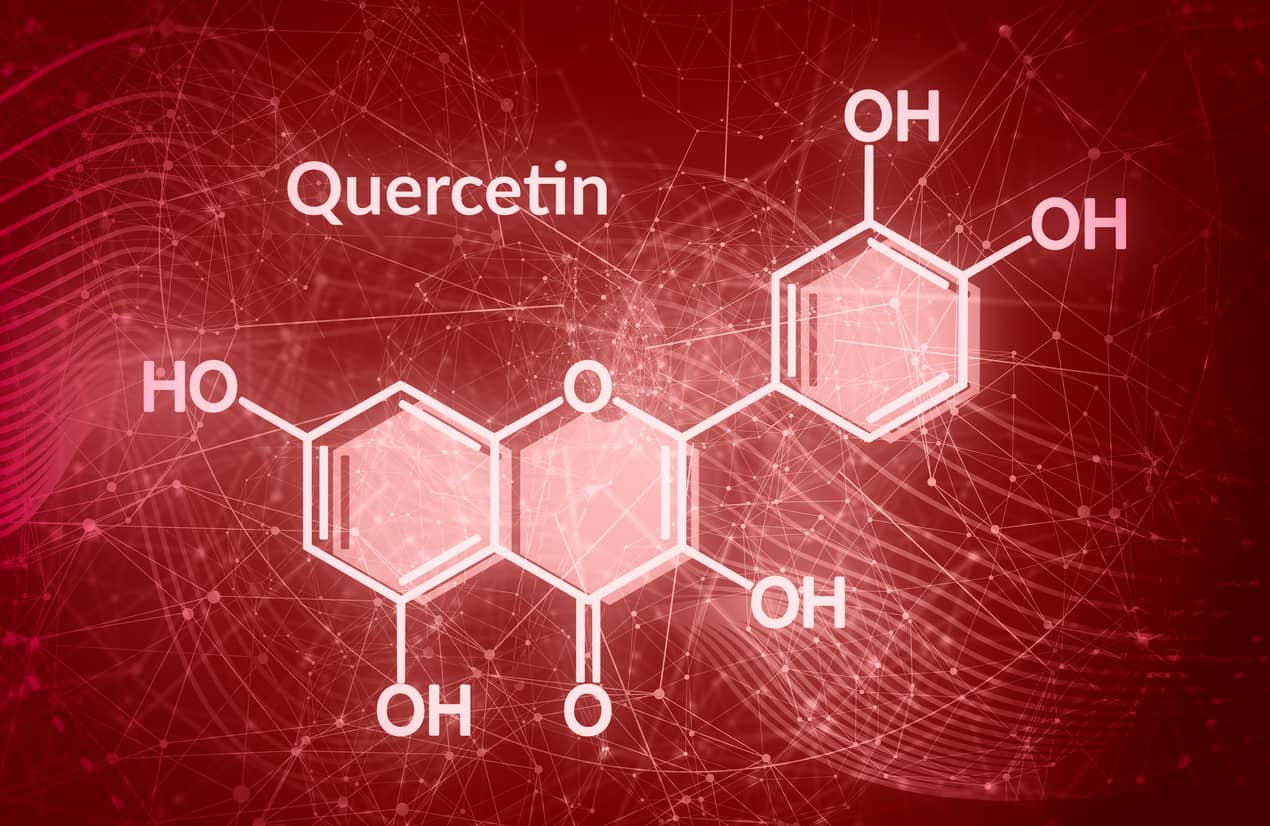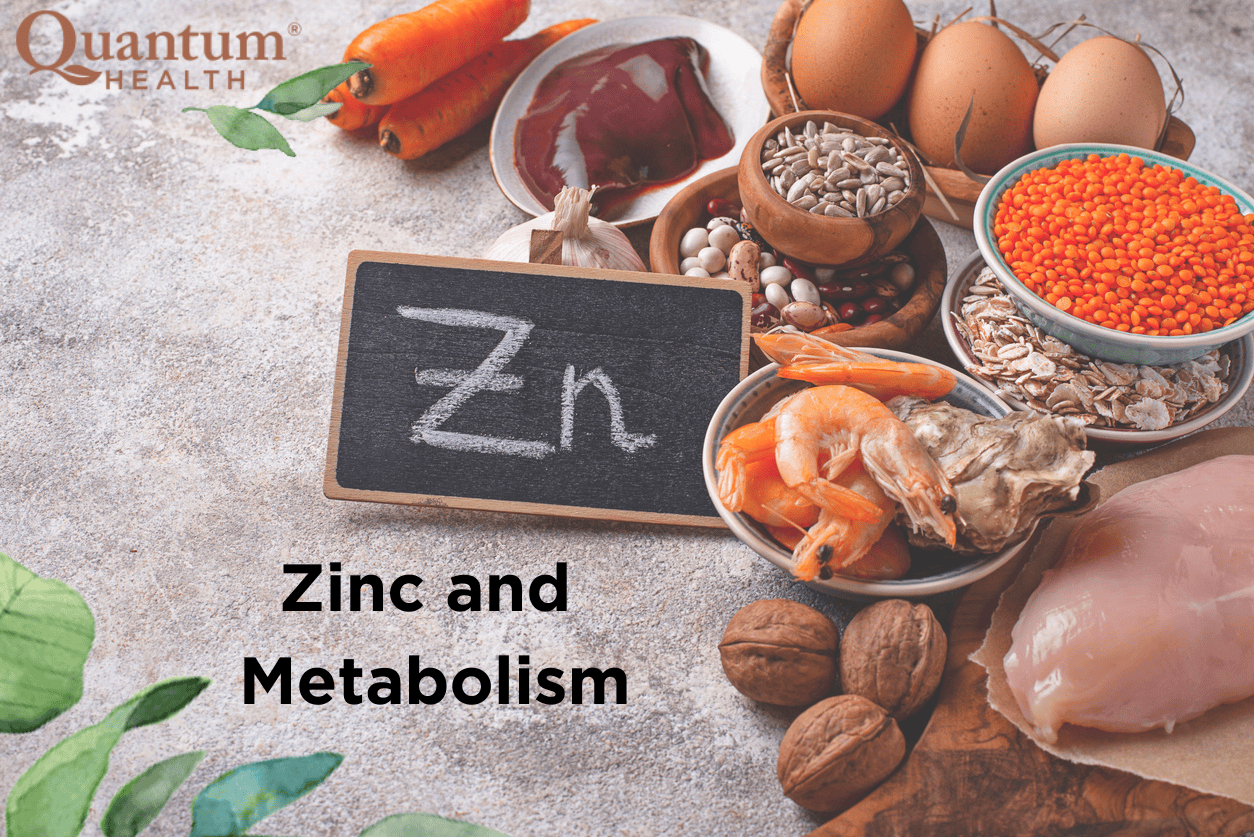Easy Remedies for Magnesium Deficiency

Have you ever noticed that when it comes to health products, things come in waves? One product that’s had a tidal wave of popularity lately is magnesium. Magnesium is responsible for over 300 biochemical reactions in the body, and it’s the 8th most abundant element in the world. It also accounts for 2% of the crust of Earth, but it’s not an element that occurs by itself in nature. So, what exactly is this element and why is it important for humans? Below, we’ll go over why our bodies need magnesium, what the symptoms of magnesium deficiency are, and easy remedies for magnesium deficiency.
Why is Magnesium Important?
Magnesium has countless potential benefits for the human body. From stress and pain relief via soaking in an Epsom salt (AKA magnesium sulfate) bath to helping our bodies function every single day, magnesium is important for a number of different reasons. Most of the magnesium in our bodies, about 60%, is in our bones, while the remainder resides in our bodily fluids, tissues, and muscles.
Magnesium helps support the body by:
- Supporting nerve function
- Maintaining & supporting a healthy immune system
- Keeping a steady heartbeat
- Adjusting blood glucose levels
- Helping in the production of energy
- Aiding in the production of protein
What Causes Magnesium Deficiency?
Magnesium deficiency, or hypomagnesemia, doesn’t affect a large number of the population, which makes it something that can often be overlooked until symptoms worsen. The main causes that lead to magnesium deficiency are:
- A poor/unbalanced diet
- Starvation
- Long-term diarrhea and/or vomiting
- Long-term use of diuretics
- Alcoholism
- Type 2 Diabetes
- Kidney problems
- Certain medications, especially those used for ulcers or reflux
- Hungry Bone Syndrome’ after thyroid or parathyroid surgery
- Gastric bypass surgery
Other factors that can contribute to magnesium deficiency are chronic stress, auto-immune diseases, chronic pain, inflammation, hormonal imbalances, and poor gut health.
What are the Symptoms of Magnesium Deficiency?
Initial symptoms that you have magnesium deficiency are:
- Fatigue
- Loss of appetite
- Muscle spasms
- Muscle cramps
- Increased risk of depression
- Nausea
- Stiffness
- Weakness
- Irregular heartbeat
If the deficiency goes on for an extended time, other symptoms include:
- Personality changes
- Low calcium and potassium in the blood
- Seizures
- Heart disease
- Increased blood pressure
- Type 2 diabetes
- Osteoporosis
What are Some Easy Remedies for Magnesium Deficiency?
One of the best ways to prevent and treat magnesium deficiency is to eat magnesium-rich foods. Some of the foods that are highest in magnesium are:
- Nuts (almonds, cashews, peanuts)
- Seeds
- Legumes
- Leafy greens (kale, spinach, collard greens)
- Black beans
- Peanut butter
- Fiber-rich whole grains
- Avocados
- Apples
- Bananas
- Sea vegetables
- Milk
Other ways to help prevent and treat magnesium deficiency are:
- Eating raw veggies (as opposed to cooked veggies)
- Avoid alcohol
- Minimize caffeine intake
- Avoid carbonated beverages
- Reduce refined sugar intake
- Add bone broth to your diet
- Stop smoking
- Take probiotics to support gut health
- Take a daily multivitamin and add a magnesium supplement
- Take more Epsom salt baths
While magnesium deficiency may not be as common as some other ailments, it still affects many people and can have a severe negative impact on your life. If you’re living with alcoholism or alcohol use disorder, type 2 diabetes, or digestive tract diseases like Crohn’s or Celiac, you’re at a higher risk for magnesium deficiency.
Pay attention to your overall health and well-being and if you notice any of the symptoms above, reach out to your healthcare provider. To learn more about magnesium deficiency or to discuss how we can support you and your healthcare, contact us at Quantum Health today!
Share
Your share can inspire countless others.


















































